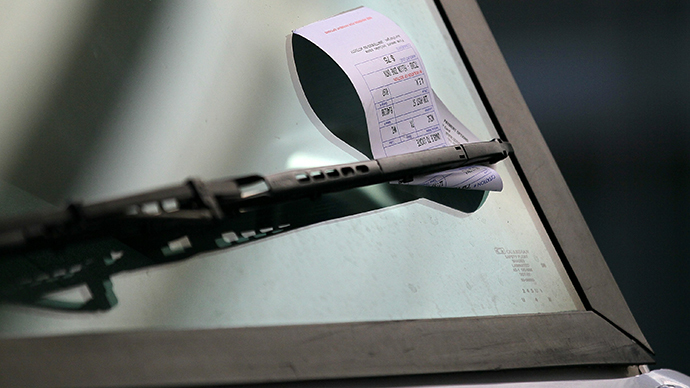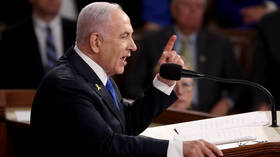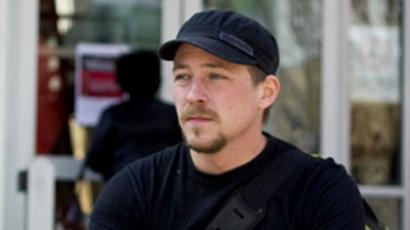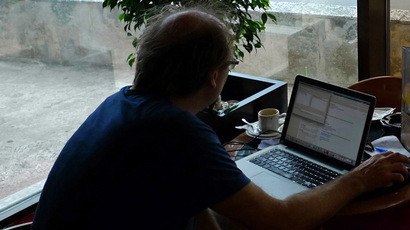Philly judges face corruption charges for getting politicians off the hook

A number of Philadelphia city judges will stand trial in the coming weeks after being accused of organizing a ticket-fixing scheme that benefited politically-connected members of the city, an issue that compelled officials to ban traffic court altogether.
After a delay, Monday opening statements in the corruption trial were scheduled to begin next week. The trial aims to determine whether six current and former judges are guilty of the 77 counts they were indicted for.
“The defendants participated in a widespread culture of giving breaks on traffic citations to friends, family, the politically connected, and business associates,” said a statement from US attorney Zane Memeger as quoted by CBS.
The accusations first surfaced more than a year ago, with investigators asserting that six judges and two connected businessmen conspired to reduce penalties for friends, family, and other associates. Philadelphia Traffic Court oversees moving violations, but not parking violations, in the city.
Government prosecutors say that because so many fines were reduced or altogether tossed out, the judges defrauded the city and state of Pennsylvania out of an untold amount of funding. The trial has been pushed back multiple times, with prosecutors worrying that testimony could be tainted by the years the accused spent in the court system.
“The government anticipates that many of its witnesses will be adverse given their loyal relationships with the defendants,” Assistant US Attorney Denise Wolf, one of the two prosecutors, wrote in a court filing, as quoted by the Philadelphia Daily News. “Indeed, the government has repeatedly encountered hostility from some of the witnesses in preparation for trial.”
All of the judges have pleaded not guilty, saying that the preferential treatment amounted to nothing more than requests for “consideration.” Jeffrey M. Miller, a former federal prosecutor who is representing one of the judges, told the Daily News that the government may have difficulty proving its case.
“It’s grabbing at a nucleus of facts, which technically may be a minor infraction,” he said. “Instead, the government has expanded this thing into a major prosecution...I think it’s overkill...There are not bad people and these are not criminals.”
If this was true, prosecutors say, the implicated judges would not have sought to keep their dealings secret “by shredding paperwork, speaking to one another in code, and trusting only certain individuals and not others to carry out the scheme.”
Three judges and a court worker who was described as a middleman for ticket-fixing requests pleaded guilty early this year.














